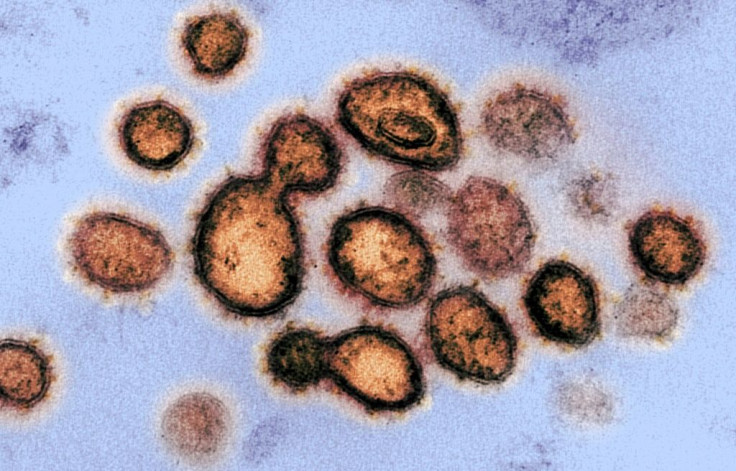Individual COVID-19 Antibodies Could Last Days To Decades, Scientists Find
KEY POINTS
- COVID-19 antibodies could last as short as a few days to as long as decades, a study says
- For the study, scientists examined 164 COVID-19 patients for six to nine months
- The researchers created five categories based on how long antibodies lasted in an individual
Antibodies against SARS-CoV-2 wane at largely varying rates among individuals, scientists have found. These could last just a few days in some individuals but remain present decades later for others, according to a new study that suggests the severity of COVID-19 infection could be the deciding factor in having longer-lasting protection against reinfection.
Published in The Lancet Microbe, the study noted that patients with low levels of neutralizing antibodies may still be protected from COVID-19 if they have a robust T-cell immunity.
"The key message from this study is that the longevity of functional neutralizing antibodies against SARS-CoV-2 can vary greatly and it is important to monitor this at an individual level," said Wang Linfa, a corresponding author of the study, Eurekalert reported.
"This work may have implications for immunity longevity after vaccination, which will be part of our follow-up studies," the professor added.
The scientists, which included those from Duke-NUS Medical School, examined 164 COVID-19 patients in Singapore for six to nine months. The patients' blood was continuously analyzed for neutralizing antibodies against the virus. The procured data was then used to train a machine-learning algorithm to predict the trajectories of patients' neutralizing antibodies over time.
From the analysis, the researchers created five categories based on how long antibodies lasted in an individual.
The first category, called the "negative" group, included the individuals who never developed detectable neutralizing antibodies. This group comprised 11.6% of participants.
Comprising 26.8% of patients, the second group is called the "rapid waning" group and showed varying early levels of antibodies that waned quickly. The third category comprised 29% of participants and was called the "slow waning" group as these patients tested positive for antibodies against SARS-CoV-2 for up to half a year.
The fourth group, called the "persistent" group, comprised 31.7% of patients and showed little change in their antibody levels up to 180 days. The last group, or the "delayed response" group, covered only 1.8% of subjects and included those who showed a marked rise in neutralizing antibodies during late convalescence.
Study co-author David Lye of the National Centre for Infectious Diseases (NCID) emphasized the importance of public health and social measures in ongoing pandemic outbreak response.
"The presence of T-cell immunity provides hope of longer-term protection which will require more studies and time for epidemiological and clinical evidence to confirm," the author said.
The research is deemed by scientists to be helpful to policymakers as they continue to come up with strategies to beat COVID-19. Since antibodies wane faster in some individuals, researchers believe reinfection may occur in subsequent waves of infection.
The scientists also added that should the immunity provided by the vaccine wane over time, then it would be necessary to conduct annual vaccine administration to prevent future outbreaks.
"This study reminds us that we all react differently to infection and that various people mount different protective immune responses. Understanding the basis of these differences will help build better vaccines," said Professor Laurent Renia of the Agency for Science, Technology and Research (A*STAR) Infectious Diseases Labs.
The CDC describes antibodies as proteins created by an individual's immune system soon after they have been infected or vaccinated. These proteins are responsible for fighting off infections and can protect one from getting reinfected.

© Copyright IBTimes 2024. All rights reserved.





















